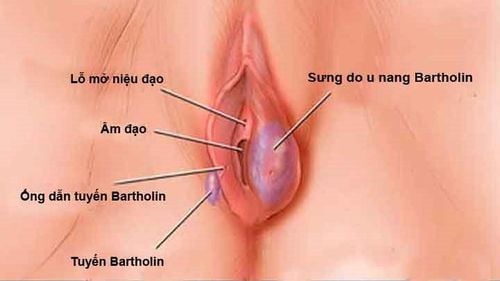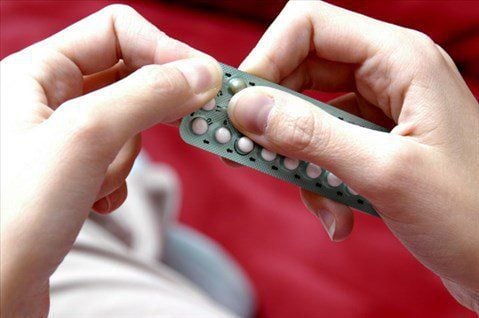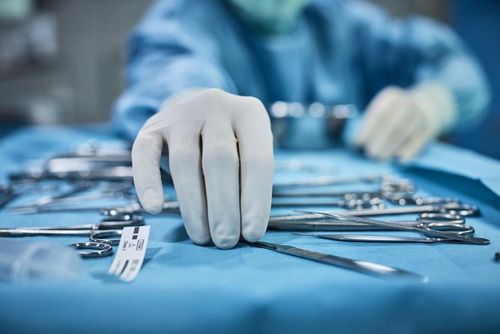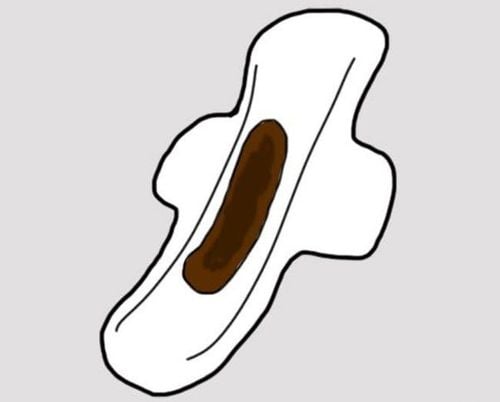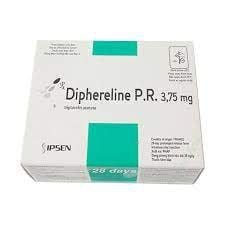This is an automatically translated article.
The article is professionally consulted by Master, Doctor Nguyen Van Thanh - Department of Obstetrics and Gynecology - Vinmec Ha Long International Hospital.
Stillbirth is a case in which a fertilized egg is implanted in the uterus but fails to develop into an adult fetus and dies or remains in the uterus. The fetus is most likely to die in the first or third trimester.
1. What is stillbirth?
In the case of stillbirth from 6 to 12 weeks old, vacuum abortion is often used. This is one of the safest and most effective abortion methods available today.Vacuum abortion is done by using a vacuum suction device to insert into the uterus and suck the fetus out. This abortion method is rated as a safe abortion method, with few complications and high efficiency up to 98%.
2. Is there any effect on stillbirth?
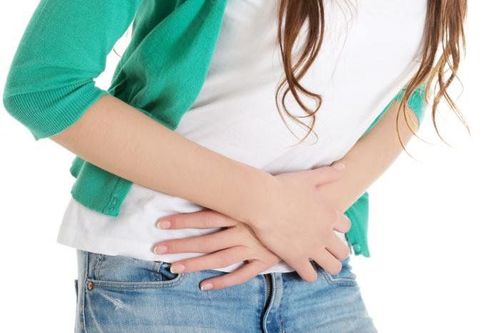
Infection Occurs if the equipment used to perform the abortion is not guaranteed to be sterile or the post-abortion health care is not correct. External signs of infection are: fever, tender uterus or possibly pain due to complications of infection.
Miscarriage Is a case of unsuccessful abortion, will cause bleeding, the uterus does not contract. Missed pregnancy can be detected during ultrasound and needs to be treated promptly so as not to affect the health status and fertility in the future.
Hemorrhage Hemorrhage for many days without any signs of abatement, this is a very dangerous symptom. If not treated in time, it can lead to anemia and possibly death.
Uterine perforation During aspiration, the doctor exerts too much force on the uterus, causing uterine perforation. This complication at a mild level can cause endometritis, inflammation of the uterus, can cause infertility, severe levels such as blood infection can lead to death.
Infertility In some cases, after handling stillbirth, it is possible to block the fallopian tubes on both sides or cause an ectopic pregnancy, leading to infertility.
3. How long does it take to have periods again?
Normally, after aspiration abortion, the menstrual cycle will return after 4-8 weeks (counting from the date of abortion). This is just enough time for the body's endocrine activity to stabilize again, then the uterine lining will be regenerated. Menstrual cycle occurs normally if the egg is not fertilized.However, in some cases, menstruation appears later, depending on the nature of the previous menstrual cycle such as the menstrual cycle is sparse or irregular.
Clinical signs of uterine adhesions are oligomenorrhea, amenorrhea, accompanied by abdominal pain often during menstruation. If in doubt, it is necessary to have a hysteroscopy or hysteroscopy to determine whether there is adhesion of the uterine lumen or not.
4. How to take care of your health after stillbirth?

Supplement water and vitamins, especially vitamins C and E through eating green foods and fruits such as: Spinach, tomatoes, bean sprouts, pumpkin, apples, grapes, ... these are foods both provide vitamins, and supplement iron and phosphorus to help the recovery process take place faster.
To increase the body's folic acid content, women should eat foods such as lettuce, asparagus, watermelon, flour, cereal flour, cashews,...
At the same time, women should also avoid these foods. foods that stimulate uterine contractions such as: purslane, bitter gourd, apple cider, junk food, fast food, sour food, bean juice, wine, beer, carbonated soft drinks,... Because of these foods This interferes with the healing process of the uterus.
In addition, after stillbirth, you should not eat hot and spicy foods and foods with cold properties such as: chili, pepper, ginger, vinegar, snails, crabs, shrimp, seafood,... Because these foods This product stimulates genital bleeding and causes abdominal cold, which is not good for uterine recovery.
In addition to eating according to a separate and reasonable diet, women need to pay attention to the following points:
Clean body and private area, change tampons regularly. Do not have sex until your body has fully recovered (at least 1 month). Get enough rest, do not do heavy work and strong sports activities. If your body has any abnormal signs, go to a medical facility immediately for a timely examination. Be sure to follow up with your doctor's appointment. Doctor Nguyen Van Thanh has many years of experience in Obstetrics and Gynecology. The doctor was trained and attended courses in obstetrics and gynecology and infertility at Hai Phong University of Medicine and Pharmacy, Hanoi University of Medicine and Pharmacy and the National Hospital of Obstetrics and Gynecology.
Please dial HOTLINE for more information or register for an appointment HERE. Download MyVinmec app to make appointments faster and to manage your bookings easily.





